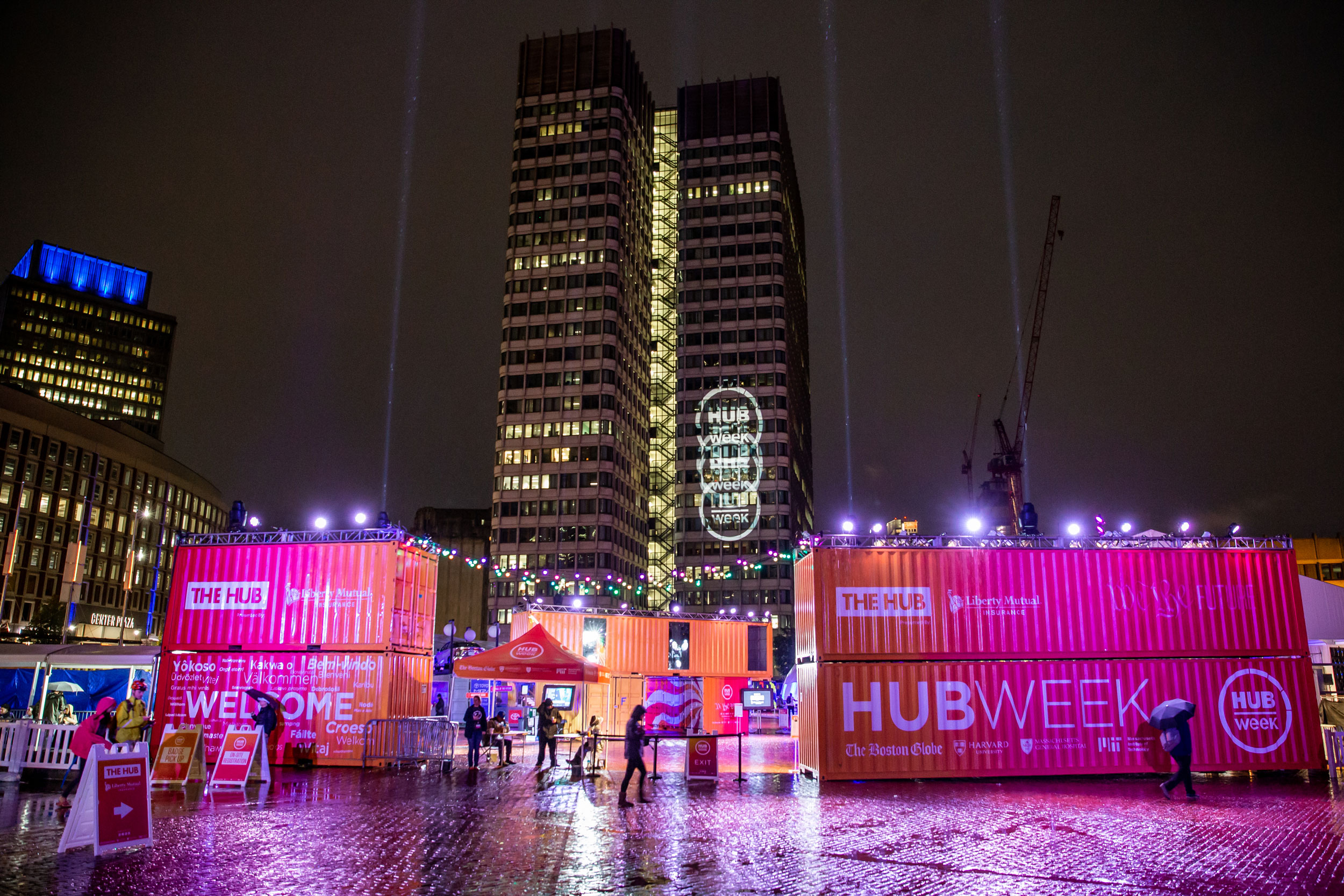The HUBweekly is HUBweek's weekly newsletter, featuring a snapshot of the big ideas and innovations in art, science, and tech coming out of the Greater Boston area. You can find this week's full edition here. Want these insights, plus events, interviews, and more, delivered to your inbox? Subscribe to the HUBweekly here.
1. CRISPR CONTROVERSY
A Chinese researcher has reportedly created the world’s first genetically edited babies, unleashing an outcry from the global scientific community and renewing fears about a slippery slope toward “designer babies” engineered to have certain physical or mental traits. Boston-based leaders in field have publicly reacted to the announcement, including CRISPR co-inventor Feng Zhang, who called for a moratorium on gene-edited babies, and Harvard University scientist (and HUBweek ’17 speaker) George Church, who defended the idea of gene editing to prevent the transmission of HIV but questioned the motivations behind the Chinese doctor's actions.
2. IT IS ROCKET SCIENCE
The NASA InSight lander successfully reached Mars earlier this week, and has already begun gathering data about the Red Planet. The spacecraft's landing caused the most concern, as the feat was compared "to shooting a basketball from the Staples Center in downtown LA and hitting nothing but net in a basketball hoop in New York City that is moving at a speed of about two feet per second and spinning about its axis" by one scientist at the Jet Propulsion Laboratory. Woah. Engineers at MIT are also innovating in the flight space, building a plane that might herald the future of air travel: no emission, no noise, and no spinning propellers or turbine blades. The craft is powered by electrodes, not fossil fuels, showing us a possible path toward curbing pollution caused by air travel.
3. MIND CONTROL
Mind control was once only possible in sci-fi movies, but not anymore: A new brain-computer interface developed in part by MGH lets users with quadriplegia control tablets and other devices simply by thinking about making clicks and moving the cursor, and has the potential to revolutionize the day-to-day lives of paralyzed individuals. Boston-based startup Neurable has been leading the way in the field of mind-controlled gaming, allowing players to direct virtual and augmented reality environments with their brain waves transmitted via EEG electrodes. Doctors at Massachusetts Eye and Ear are also using electrodes to augment the brain’s capabilities: Hoping to return the sense of smell to those who have lost it, physicians showed that electrodes implanted in the nose can stimulate a patient’s brain to smell — in the case of this study — onions.
4. ART FOR A BETTER FUTURE
2018 may be winding down, but the Boston art scene isn’t. Several new exhibitions have caught our eye, including "Nine Moments for Now" at the The Cooper Gallery, curated by HUBweek speaker Dell Marie Hamilton. Featuring over 100 works by known names like Nelson Mandela and Carrie Mae Weems alongside those by emerging artists, the show tackles the idea of political transformation and draws from past experiences and today’s climate of #MeToo, #TimesUp, and Black Lives Matter. We’re also excited about "Coded" at the Mills Gallery, curated by Alexandria Smith, which explores the aesthetic and psychological experience of color in art, and features another HUBweek alum: artist Steve Locke.
5. GOOD JOB, BOSTON
A new global economic study has found that Boston is the best city in the world to find a job. Our high “job opportunity score” was based on 14 factors, including women’s advancement and new business registration, and we also earned high marks for standard of living and disposable income. Speaking of job opportunities, are we adequately preparing our students to lead the workforce of the future? WGBH recently published a three-part series investigating this question, and the ways that the state can — and in some cases already is — giving young people the computer science, data analysis, and lab skills they’ll need. A local startup is also creating its own solution: Root Robotics (a 2018 HUBweek Robot Block Party alum) is helping young kids learn to code with its interactive ’bot.
